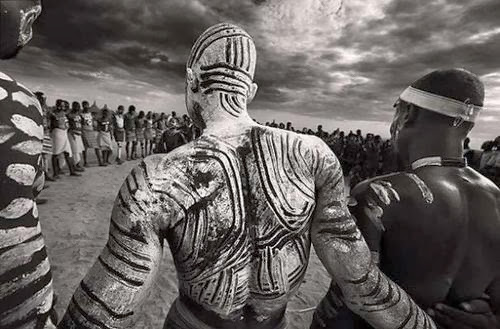History of The Capoeira
Capoeira or the Dance of War by Johann Moritz Rugendas, 1835
The history of capoeira begins in the 18th century. The oldest known descriptive text on capoeira was written by Melo de Morais Filho, who documented the popular traditions of Brazil.
The slaves in Brazil during their battle for freedom created Capoeira. Since then capoeira has developed and today there are two forms of capoeira; one is called Capoeira Angola and the other called Capoeira Regional. Capoeira Angola is a slower and lower style where Capoeira Regional is faster and has adapted other martial art movements such as Savate and Batukue.
The slaves in Brazil during their battle for freedom created Capoeira. Since then capoeira has developed and today there are two forms of capoeira; one is called Capoeira Angola and the other called Capoeira Regional. Capoeira Angola is a slower and lower style where Capoeira Regional is faster and has adapted other martial art movements such as Savate and Batukue.
Capoeira Angola
Capoeira Angola is the closest form to the capoeira played amongst the slaves, and does not have a specific founder.
Among the Masters of Capoeira was Mestre Pastinha. (Vicente Ferreira Pastinha, 1889-1982). Master Pastinha created a Capoeira Angola school in Salvador and he wrote a book about Capoeira Angola and also recorded an album which was called (Mestre Pastinha e sua Academia).
Among the Masters of Capoeira was Mestre Pastinha. (Vicente Ferreira Pastinha, 1889-1982). Master Pastinha created a Capoeira Angola school in Salvador and he wrote a book about Capoeira Angola and also recorded an album which was called (Mestre Pastinha e sua Academia).
Capoeira Regional
Capoeira Regional was created by Mestre Bimba (Manoel Dos Reis Machado) who was born on November the 23rd 1899 in Salvador, the capital of Bahia. He was the first Master to open a formal school of capoeira in 1932. This changed the history of capoeira because his academy was recognised by the Brazilian government through the office of education and public assistance. He had a specific method of teaching which included sequences and gradings.
These two Masters are very important for the history and the philosophy of capoeira.
It is important to mention that nowadays you will find a form of capoeira which is different than the styles mentioned above which some people refer to as contemporary capoeira which includes acrobatic movements that you won't find in the pure Angola or regional
These two Masters are very important for the history and the philosophy of capoeira.
It is important to mention that nowadays you will find a form of capoeira which is different than the styles mentioned above which some people refer to as contemporary capoeira which includes acrobatic movements that you won't find in the pure Angola or regional
Still on my quest to learn latin hence the above attempt at saying "today's gift to you"









No comments:
Post a Comment